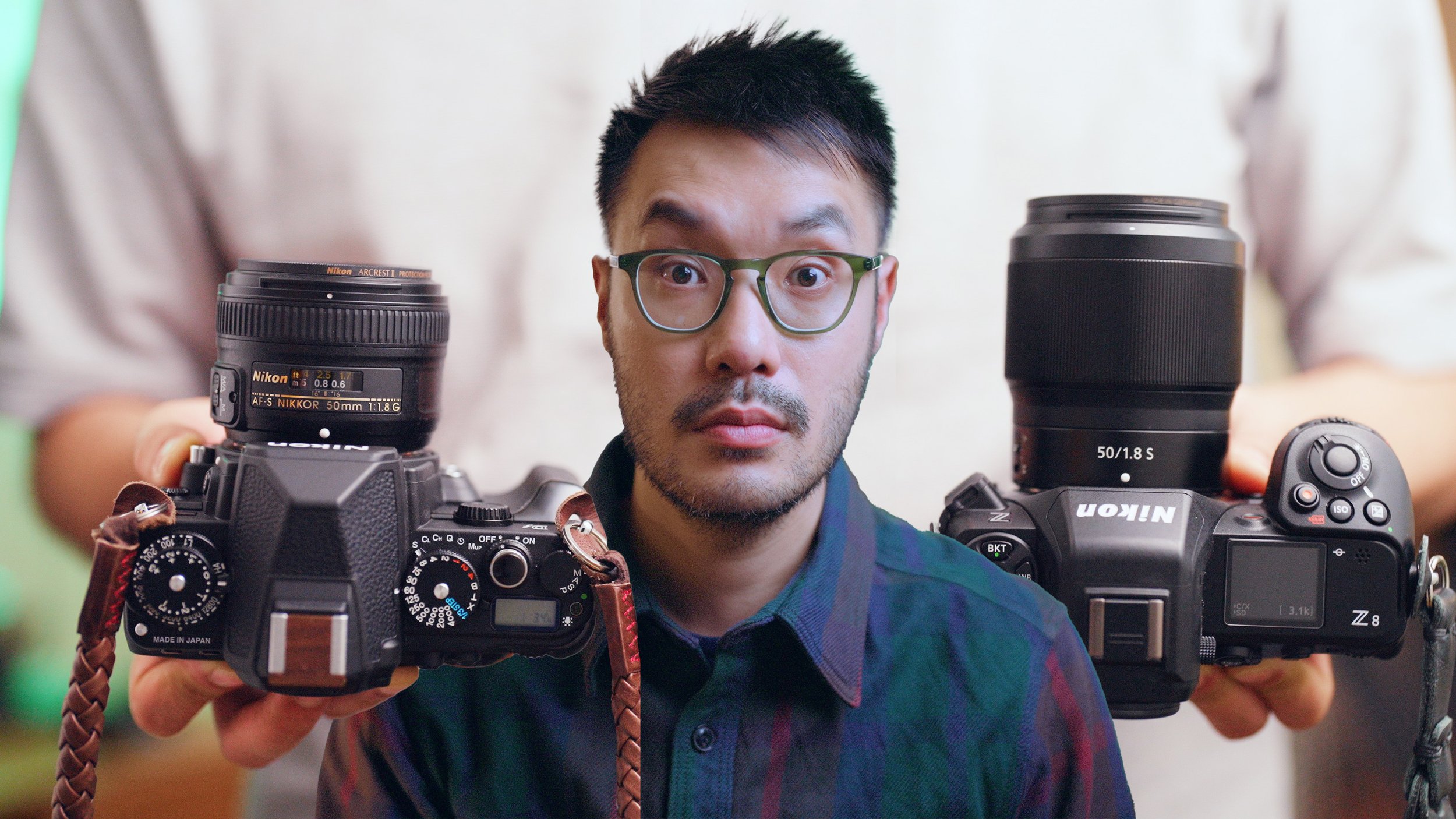

Your People
29 November 2022
The transformation from “consumer of information” to “creator of knowledge” is a rare and unlikely process.
Research training, especially for students who have never had any prior research experience, is a particularly jarring learning process. This is Part 3 in this blog series on different strategies to develop some skills and “early wins” in research training. Part 1 discussed the idea of information overload, literature searches, and data management, and Part 2 talked about the concept of research design. Today let’s talk about the ever elusive topic of research supervision and mentorship. Exactly what should you expect from your supervisor, and what should they expect from you?

The Simple Truth
29 November 2022
As an undergraduate university student, I had a great GPA, really liked the area I was studying, and was willing to put in the work. On paper I should have hit the ground running when I started my research career. But in all honesty I was a terrible researcher when I first started, because it took me years to realise this simple truth:
The transformation from “consumer of information” to “creator of knowledge” is a rare and unlikely process.
While I was a quick study and motivated by intellectual curiosity, I didn’t have the skills to tackle my research project in a logical and systematic way. This is Part 2 in this blog series on different strategies to develop skills in research training

Overload
25 November 2022
This entry is an entirely selfish undertaking - the truth is I’m running out of time.
Or more accurately I was running out of time? Last week I was invited to give the opening Keynote for our Summer Research scholars, and the slides were due at the same time as everything else - committee meetings, exam marking, manuscript revisions, curriculum reviews… The pressure as a Keynote speaker is to be engaging, motivational, if not inspiring (cue the world’s smallest violin), but I’m not sure if I have many (if any) magic tricks left up my sleeves this year.
So…. this was my attempt at a productivity life-hack - to write my talk by narration, filming my stream of consciousness brain-storming (brain-dumping?), and using the footage to reverse-engineer some semblance of a presentation. I committed to publishing this footage as a YouTube video too, which raises the stakes! It turns out nothing makes you focus more than the risk of embarrassment on two fronts - both online and in-person if the talk wasn’t any good - so sadly this may be my new way of ensuring personal accountability in the face of looming deadlines. To triple-down on this notion, here’s the essence of my talk in blog form as well: 5 ways to develop your research skills.
